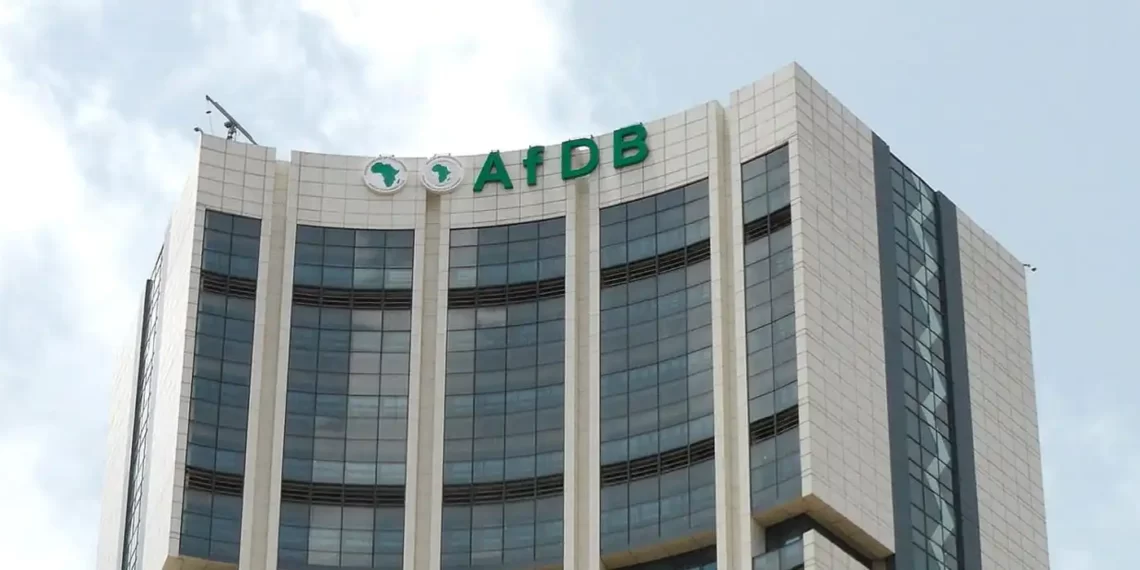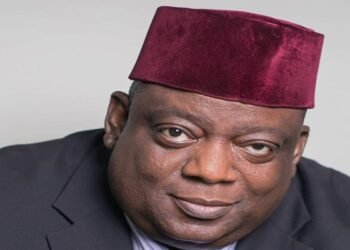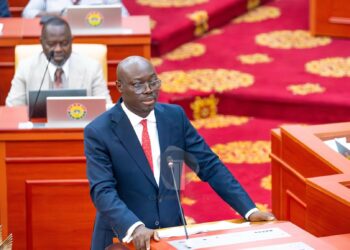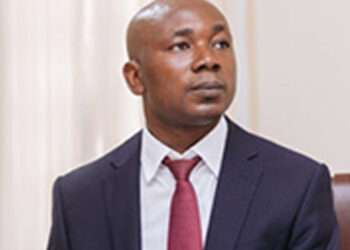The African Development Bank (AfDB) has speculated that Ghana will grow by 3.3% in 2023, in its maiden Macroeconomic Outlook Report for the year 2023, released today, Wednesday, January 19, 2023.
This is higher than Government of Ghana, World Bank and International Monetary Fund (IMF) growth speculations of 2.8%, 2.7% and 2.8% respectively for Ghana in the 2023 financial year.
The report however termed Ghana’s expected Gross Domestic Product (GDP) growth rate as a weak performer.
According to AfDB, 25 out of 52 African countries will record a weak Gross Domestic Product (GDP) noting that Libya will become the fastest-growing economy in Africa with a growth rate of 12.9% and Equatorial Guinea, the weakest with a GDP of -7.35%.
The report further said despite significant headwinds, Africa’s real GDP growth is expected to normalize at 4% in 2023–24, 0.2 percentage points higher than the 3.8% recorded in 2022.
The Report shows that Africa is recovering from the near recession, which occurred out of the Covid-19 pandemic and the Russian invasion of Ukraine.
Given a summary of the findings before the launch, Akinwumi Adesina, President of AfDB explained that this will complement other economic services done by the bank.
Adesina expressed believe in the report providing evidence-based assessment of the macroeconomic performance of the continent to global investors.

“It aims to provide Africa policy makers, global investors, researchers and other development partners up to date evidence-based assessment of the continent’s recent macroeconomic performance and short and medium term outlooks, I mean global economic developments.
“This new report will be updated with forecasts and analysis from the constant surveillance of regional and global macroeconomic developments and it will complement, you know we have the African Economic Outlook that we release every year. So this report actually is a complementary report.”
Akinwumi Adesina
Ghana Is Highly Exposed To Global Shocks
Lead Economist for the report, Vincent O. Nmehielle hinted that resource rich African countries like Ghana were highly exposed to global shocks due to the dependency on international trades in 2022.
“The average growth in oil export in countries declined marginally to 4% in 2022 from 4.2% in 2021 due to a sharp growth deceleration in Libya and turbid growth in Nigeria. This is also something we need to keep in mind because you will see that countries that are really dependent on exporting of raw materials are the ones that are actually very much exposed to global shocks when it does happen.
“Other resource intensive economies are estimated to have declined to 2.8% in 2022 from 4.7% in 2021.”
Vincent Nmeihielle

AfDB forewarned that Africa’s stable growth outlook is however threatened by several challenges, as the continent continues to deal with a confluence of overlapping shocks, which include, inter alia: ripple effects of Russia’s invasion of Ukraine that continue to disrupt Africa’s and global supply chains, tightening of global financial conditions and the associated increase in domestic debt service costs; and lingering effects of the COVID-19 pandemic, among others.
Despite the confluence of multiple shocks, AfDB noted that growth across all five (5) African regions turned out positive in 2022 and for that reason projected the outlook for 2023–24 to be stable.
In West Africa, the report said growth is estimated to have slowed from 4.4% in 2021 to 3.6% in 2022, reflecting decelerations in Côte d’Ivoire and Nigeria.
The report emphasized that for resource-intensive economies, like Ghana, average growth could inch higher, to 3.0% in 2023, or even beyond as market conditions improve.
READ ALSO: Effective Implementation of AfCFTA Hinges on Peace and Security in the Subregions- COP Awuni





















